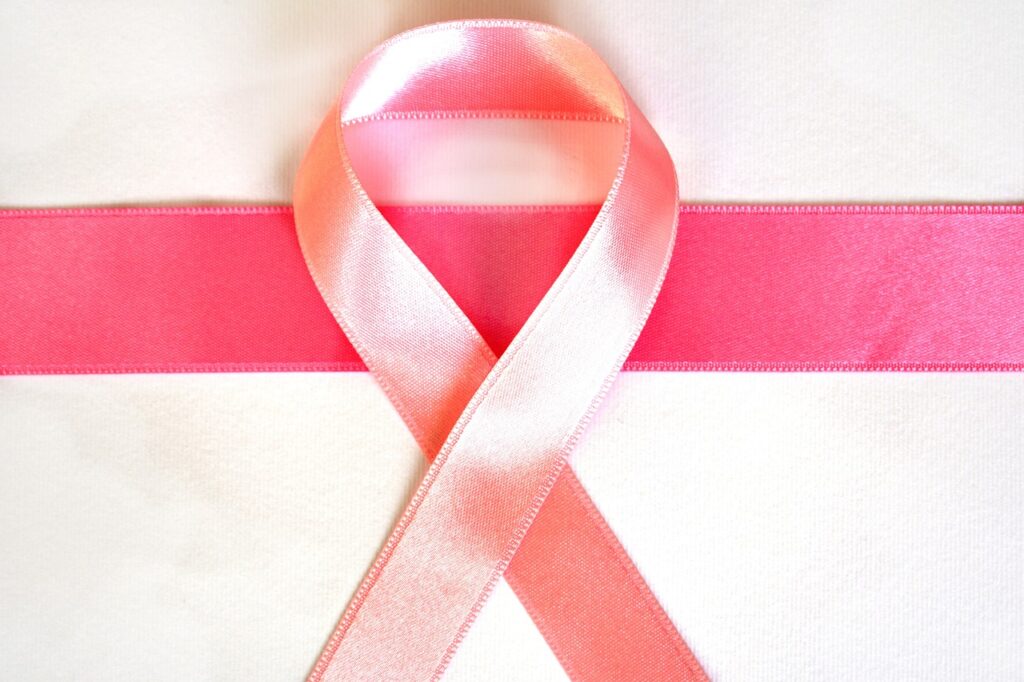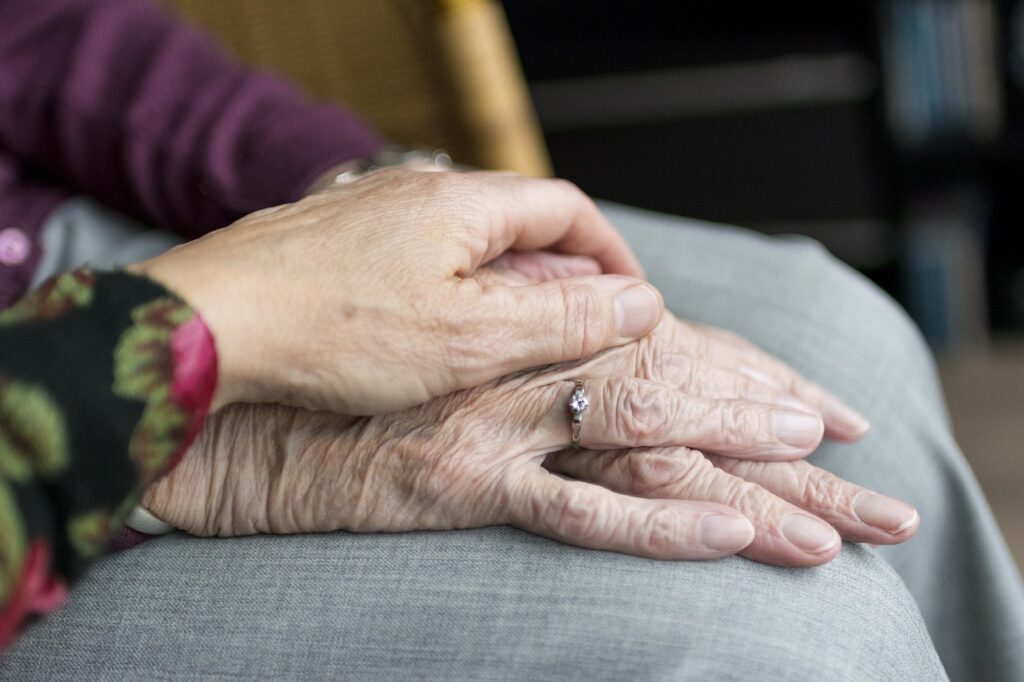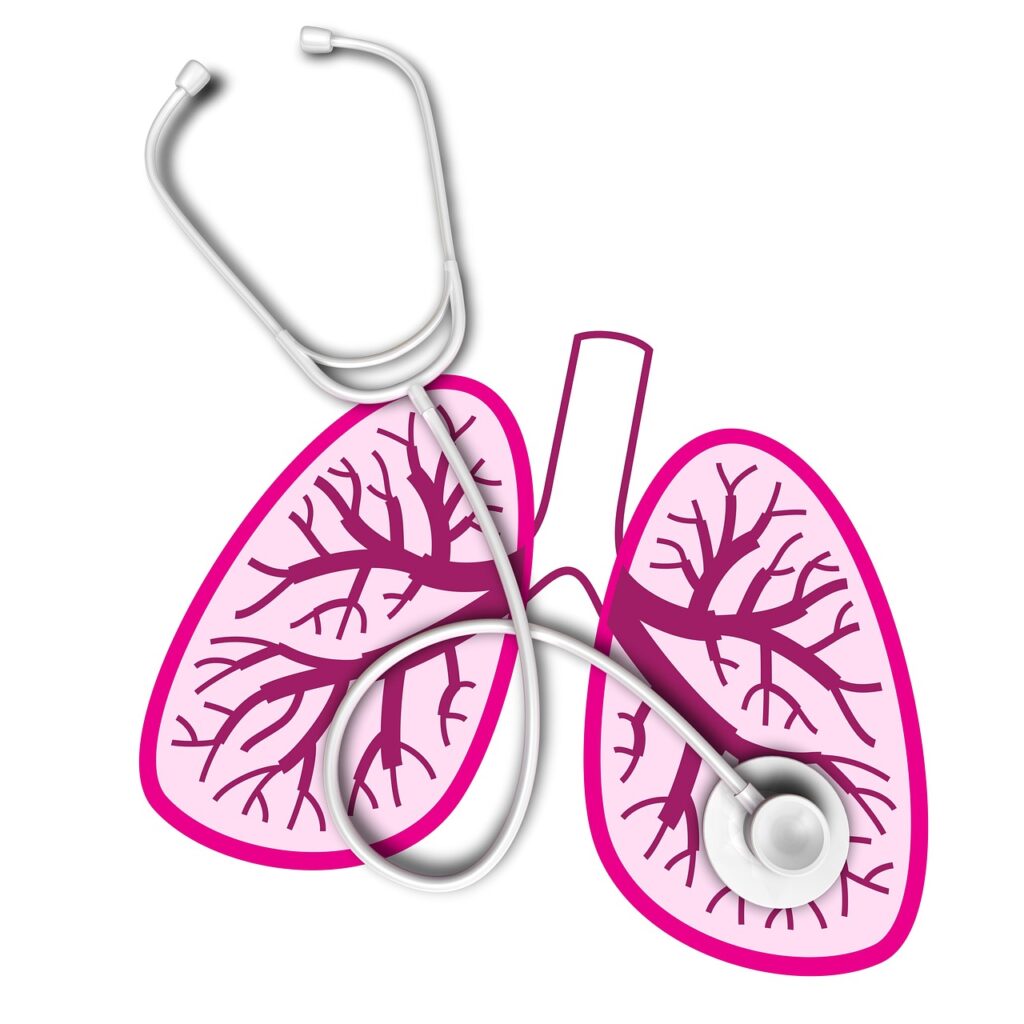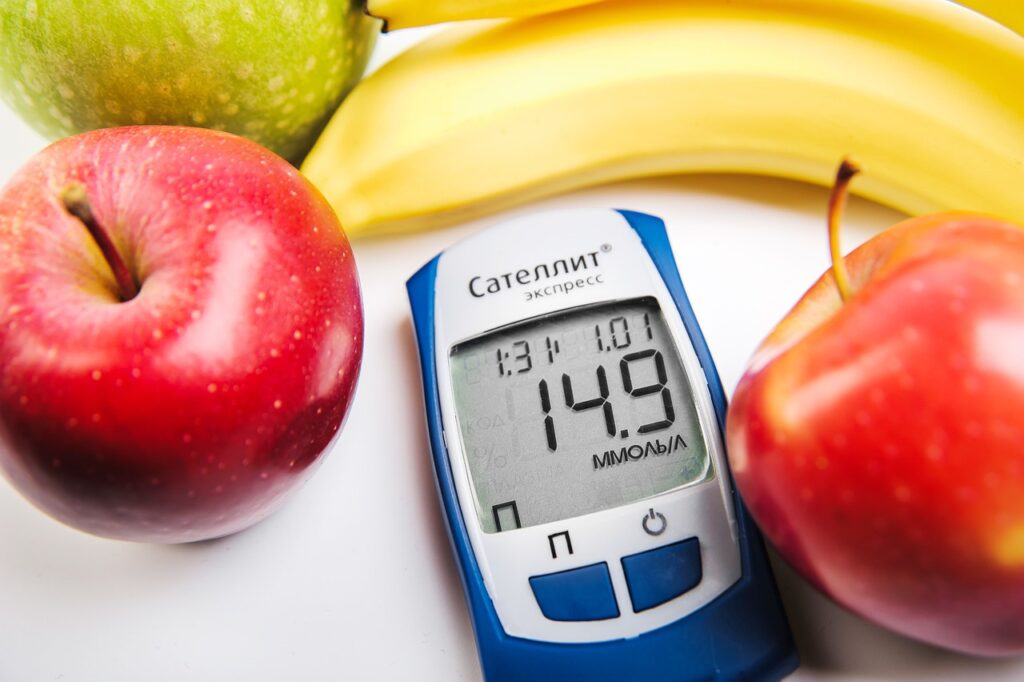
Cancer
Cancer is a broad term encompassing a group of diseases characterized by the uncontrolled growth and spread of abnormal cells within the body. These cells, unlike healthy ones, divide rapidly and uncontrollably, forming masses called tumors.
Symptoms
Cancer symptoms can vary widely depending on the type and location of the cancer. Some common signs and symptoms include:
- Unexplained weight loss: This can be a significant indicator, especially when accompanied by other symptoms.
- Fatigue: Persistent tiredness that doesn’t improve with rest.
- Fever: Unexplained fevers, particularly at night.
- Pain: Pain can occur in various parts of the body depending on the location of the cancer.
- Skin changes: Changes in existing moles, new growths, or unexplained skin discoloration.
- Changes in bowel or bladder habits: Such as persistent constipation, diarrhea, or blood in the urine or stool.
- Persistent cough or hoarseness: Difficulty swallowing or breathing.
- Lumps or bumps: Finding a lump in any part of the body, including the breasts, testicles, or lymph nodes.
Important Note: These are just some general symptoms. It’s crucial to consult a doctor if you experience any persistent or concerning health issues.
Causes
The exact causes of cancer are complex and often multifactorial. However, some known risk factors include:
- Tobacco use: Smoking is a major risk factor for various cancers, including lung, throat, and bladder cancer.
- Excessive alcohol consumption: Heavy alcohol use increases the risk of several cancers, including liver and mouth cancer.
- Unhealthy diet: A diet high in processed foods, red meat, and unhealthy fats, combined with low intake of fruits, vegetables, and whole grains, can increase cancer risk.
- Obesity: Being overweight or obese increases the risk of several cancers, including colon, breast, and kidney cancer.
- Sun exposure: Excessive sun exposure, especially without proper sun protection, increases the risk of skin cancer.
- Exposure to certain chemicals or radiation: Occupational exposure to certain chemicals and radiation can increase cancer risk.
- Genetics: Some cancers have a hereditary component, meaning they can be passed down through families.
- Age: The risk of developing cancer generally increases with age.
Prevalence
Cancer is a leading cause of death worldwide. The prevalence of different types of cancer varies significantly. Some of the most common types of cancer include:
Breast Cancer
- Caring for Someone With Breast Cancer? 7 Things They Wish You Understood
 Being a caregiver for someone with breast cancer is one of the most loving and important roles you can play…
Being a caregiver for someone with breast cancer is one of the most loving and important roles you can play… - Breast Cancer at Any Age: Why Women in Their 30s and 40s Need to Pay Attention Now
 When we think about breast cancer, we often picture women in their 50s or older — after all, the risk…
When we think about breast cancer, we often picture women in their 50s or older — after all, the risk… - The Surprising Ways Motherhood Could Protect You Against Breast Cancer (Science Says So!)
 When you think about the many ways motherhood changes your life, your first thoughts probably include sleepless nights, endless laundry,…
When you think about the many ways motherhood changes your life, your first thoughts probably include sleepless nights, endless laundry,…
Colon Cancer
- Cancer and Sleep: Why Rest Is Crucial to Your Recovery
 When you’re going through cancer treatment, sleep might not be the first thing on your mind, but it should definitely…
When you’re going through cancer treatment, sleep might not be the first thing on your mind, but it should definitely… - Life After Cancer: What Survivors Wish They Knew Sooner
 Life after cancer is like stepping into a new chapter—a chapter that’s filled with hope, change, and, yes, a few…
Life after cancer is like stepping into a new chapter—a chapter that’s filled with hope, change, and, yes, a few… - Caregiving for a Loved One with Cancer: How to Be There Without Burning Out
 Being a caregiver for a loved one with cancer is a journey that can bring out both the best and…
Being a caregiver for a loved one with cancer is a journey that can bring out both the best and…
Lung Cancer
- Could You Be at Risk for Lung Cancer? 7 Unexpected Factors You Might Not Know About
 Lung cancer is one of those diseases that many of us associate with smoking, and rightfully so — smoking is…
Lung cancer is one of those diseases that many of us associate with smoking, and rightfully so — smoking is… - Cancer and Sleep: Why Rest Is Crucial to Your Recovery
 When you’re going through cancer treatment, sleep might not be the first thing on your mind, but it should definitely…
When you’re going through cancer treatment, sleep might not be the first thing on your mind, but it should definitely… - Life After Cancer: What Survivors Wish They Knew Sooner
 Life after cancer is like stepping into a new chapter—a chapter that’s filled with hope, change, and, yes, a few…
Life after cancer is like stepping into a new chapter—a chapter that’s filled with hope, change, and, yes, a few…
Prostate Cancer
- Cancer and Sleep: Why Rest Is Crucial to Your Recovery
 When you’re going through cancer treatment, sleep might not be the first thing on your mind, but it should definitely…
When you’re going through cancer treatment, sleep might not be the first thing on your mind, but it should definitely… - Life After Cancer: What Survivors Wish They Knew Sooner
 Life after cancer is like stepping into a new chapter—a chapter that’s filled with hope, change, and, yes, a few…
Life after cancer is like stepping into a new chapter—a chapter that’s filled with hope, change, and, yes, a few… - Caregiving for a Loved One with Cancer: How to Be There Without Burning Out
 Being a caregiver for a loved one with cancer is a journey that can bring out both the best and…
Being a caregiver for a loved one with cancer is a journey that can bring out both the best and…
Skin Cancer
- Why Women Are More Likely to Develop Skin Cancer (And How to Beat the Odds)
 It’s not something we like to think about, but the reality is that women are more likely than men to…
It’s not something we like to think about, but the reality is that women are more likely than men to… - What Women Need to Know About Skin Cancer During Pregnancy — Is Your Skin Safe?
 Pregnancy is such an exciting time, full of changes and new experiences. With all the focus on prenatal vitamins, ultrasounds,…
Pregnancy is such an exciting time, full of changes and new experiences. With all the focus on prenatal vitamins, ultrasounds,… - The Skin Cancer Risks Every Woman Should Know — Are You Protecting Yourself Enough?
 Skin cancer is one of those health issues that can easily slip under the radar. After all, we all love…
Skin cancer is one of those health issues that can easily slip under the radar. After all, we all love…
Treatment
Cancer treatment options depend on the type and stage of the cancer, as well as the patient’s overall health. Common treatment approaches include:
- Surgery: Removing the cancerous tumor and surrounding tissues.
- Chemotherapy: Using medications to kill cancer cells throughout the body.
- Radiation therapy: Using high-energy rays to kill cancer cells.
- Immunotherapy: Boosting the body’s immune system to fight cancer.
- Hormone therapy: Using hormones or hormone-blocking medications to treat hormone-sensitive cancers.
- Targeted therapy: Using drugs that specifically target cancer cells while minimizing damage to healthy cells.
In many cases, a combination of these treatments is used.
Prognosis
Cancer prognosis varies greatly depending on the type and stage of the cancer, as well as the patient’s overall health and response to treatment. Early detection and treatment significantly improve the chances of successful treatment and recovery.
Top Concerns
A cancer diagnosis can be overwhelming, bringing with it a wave of physical, emotional, and practical challenges. While the medical aspects of treatment are paramount, the emotional and social well-being of individuals with cancer are equally important. Here are some of the top concerns individuals often face:
Physical Side Effects of Treatment
- Fatigue: Cancer treatments, particularly chemotherapy and radiation, can cause severe fatigue, making even simple tasks feel exhausting.
- Pain: Pain can arise from the cancer itself, treatment side effects, or nerve damage.
- Nausea and Vomiting: Chemotherapy and radiation can often cause nausea and vomiting, impacting appetite and nutrition.
- Hair Loss: Chemotherapy can lead to hair loss, which can significantly impact self-esteem.
- Changes in Appearance: Other physical changes may include weight loss, skin changes, and changes in body image.
Emotional and Psychological Distress
- Anxiety and Fear: The uncertainty surrounding the diagnosis, treatment, and prognosis can cause significant anxiety and fear.
- Depression: Coping with a serious illness can lead to feelings of sadness, hopelessness, and despair.
- Grief and Loss: Cancer can disrupt daily life, relationships, and career plans, leading to feelings of grief and loss.
- Body Image Issues: Changes in appearance due to treatment can impact self-esteem and body image.
- Social Isolation: Cancer can lead to social isolation due to fatigue, treatment schedules, and changes in appearance.
Practical Concerns
- Financial Burden: Cancer treatment can be incredibly expensive, leading to financial strain for many families.
- Work and Career Disruption: Cancer and its treatment can significantly impact employment and career prospects.
- Family and Caregiving Responsibilities: Cancer can strain family relationships and create significant caregiving burdens for loved ones.
- Access to Care: Ensuring access to quality healthcare, including transportation, childcare, and support services, can be challenging.
Long-Term Effects
- Chronic Health Conditions: Some cancer treatments can have long-term side effects, such as heart problems, nerve damage, or secondary cancers.
- Infertility: Cancer treatments can affect fertility in both men and women.
- Cognitive Impairment: Some cancer treatments can cause cognitive changes, such as “chemo brain,” affecting memory and concentration.
Coping Strategies
- Open Communication: Talking openly with medical professionals, family, friends, and support groups can help alleviate stress and anxiety.
- Emotional Support: Seeking emotional support through therapy, counseling, or support groups can be invaluable.
- Physical Activity: Regular exercise, within limitations, can help improve mood, reduce fatigue, and boost overall well-being.
- Mindfulness and Relaxation Techniques: Practices like meditation, deep breathing, and yoga can help manage stress and anxiety.
- Nutrition and Hydration: Maintaining a healthy diet and staying hydrated are crucial for supporting the body during treatment.
It’s important to remember that everyone experiences cancer differently. Open communication with your healthcare team is essential to address your specific concerns and develop a comprehensive care plan that addresses both your physical and emotional needs.
Featured in Cancer
- 7 Refreshing Snacks That Help You Stay Hydrated
 When the weather heats up, staying hydrated isn’t just about what you drink—it’s also about what you eat. Believe it…
When the weather heats up, staying hydrated isn’t just about what you drink—it’s also about what you eat. Believe it… - Mindfulness: A Simple Tool for Men’s Mental Health
 Mindfulness is the practice of being present in the moment without judgment. It can help reduce stress, improve focus, and…
Mindfulness is the practice of being present in the moment without judgment. It can help reduce stress, improve focus, and… - Avocado: Creamy Comfort for Inflammation
 Avocados are the ultimate comfort food for anyone dealing with arthritis or other inflammatory conditions. These creamy delights are packed…
Avocados are the ultimate comfort food for anyone dealing with arthritis or other inflammatory conditions. These creamy delights are packed… - Are The Black Plastic Utensils in Your Kitchen Putting You at Risk?
 Are your black plastic cooking utensils and food containers safe to use? A recent study sparked new concerns about whether…
Are your black plastic cooking utensils and food containers safe to use? A recent study sparked new concerns about whether… - Gut Health Revolution: How Your Microbiome Could Be Controlling Your Entire Life
 You might think you’re in charge of your life, but there’s a secret ruler pulling the strings from deep inside…
You might think you’re in charge of your life, but there’s a secret ruler pulling the strings from deep inside… - Home Remedies to Tame Your Grumpy Joint
 Living with arthritis can sometimes feel like your joints have decided to throw a never-ending party—and not the fun kind.…
Living with arthritis can sometimes feel like your joints have decided to throw a never-ending party—and not the fun kind.… - Biden’s Prostate Cancer Diagnosis: What It Means and What Comes Next
 Former President Joe Biden’s office announced Sunday that he has been diagnosed with an “aggressive” form of prostate cancer that…
Former President Joe Biden’s office announced Sunday that he has been diagnosed with an “aggressive” form of prostate cancer that… - Intermittent Fasting and Type 2 Diabetes: The Controversial Treatment Gaining Traction
 Intermittent fasting has been making waves in the health world for a while now, praised for everything from weight loss…
Intermittent fasting has been making waves in the health world for a while now, praised for everything from weight loss… - 5 Easy Swaps to Cut Ultra-Processed Foods from Your Diet
 Cutting back on ultra-processed foods doesn’t have to mean giving up convenience — or your favorite flavors. In fact, with…
Cutting back on ultra-processed foods doesn’t have to mean giving up convenience — or your favorite flavors. In fact, with…
Top Health Stories
- Breathe Easy: COPD Treatment Options ExplainedCOPD can make everyday life feel like you’re trying to suck air…
- A Digestible Holiday Feast That Won’t Ruin the Cheer!Ah, the holidays—a time for family, fun, and way too much food.…
- Leafy Greens for the WinSpinach, kale, and Swiss chard are the unsung heroes of the anti-inflammatory…
- Turmeric: The Golden HealerTurmeric isn’t just a spice; it’s a golden treasure for those dealing…
- Relaxation Tips for Health and HormonesStress is like that uninvited guest at your party—it overstays its welcome…
- Flex Your Way to a Happy ProstateExercise isn’t just about building muscle or fitting into those old jeans—it’s…

